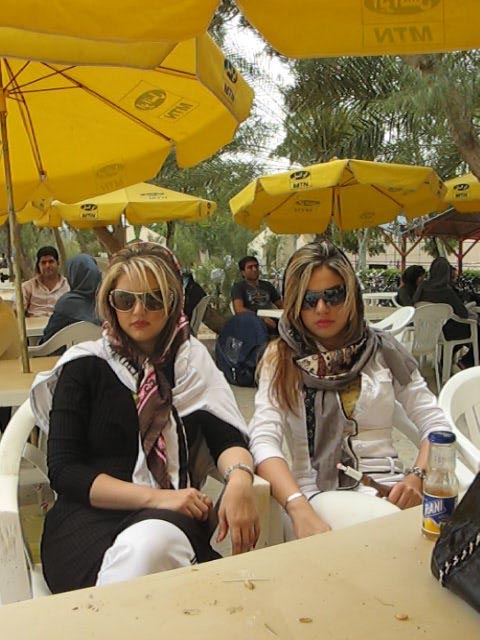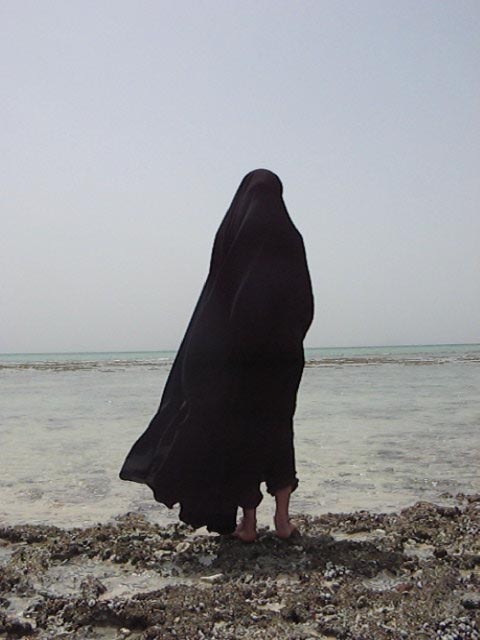Taking her video camera to Mexico, Spain, New Zealand, Sweden, Germany, Dubai and Iran, Leila Pazooki asked tourists she encountered to continue posing in the style of a holiday snap for two long minutes.
We fill our lives with photographs portraying our “good times”; Pazooki aims to freeze the very conception of what the “perfect moment” could be and seizes the vain attempt to represent these. But by filming these moments and allowing life to continue around them, Pazooki shows us life’s inescapable imperfection.
Leila Pazooki concentrates on the moment in which a pose begins to develop. If the pose generally starts with a smile, we can gradually feel the discomfort of the characters filmed, their nervousness, their hesitations are more and more transparent and their smile finally fades away. Significantly, only young females were selected for her project. As Pazooki explains, “I am sure every girl spends an hour in front of the mirror to find the best pose”.
Obviously, some are more confident with this staged ideal than others. The video of the two imperturbable Iranian girls sitting in a busy café hiding behind huge designer sunglasses exemplifies the disparities. These two girls have a strong sense of self-consciousness; they won’t move and will stay fixed as if wearing a mask. The video depicting two younger Emirati friends in a mall in Dubai reveals their frailty and uncertainty but also, for the girl on the left, an immerging sense of her power of seduction.
The video depicting a woman wrapped in a black chador staring out the ocean is certainly the most enigmatic piece of the series. She seems to be the only one not posing in Pazooki’s films. But as her face is not to be seen, she is entirely unknowable – just out of reach.




Follow us on: